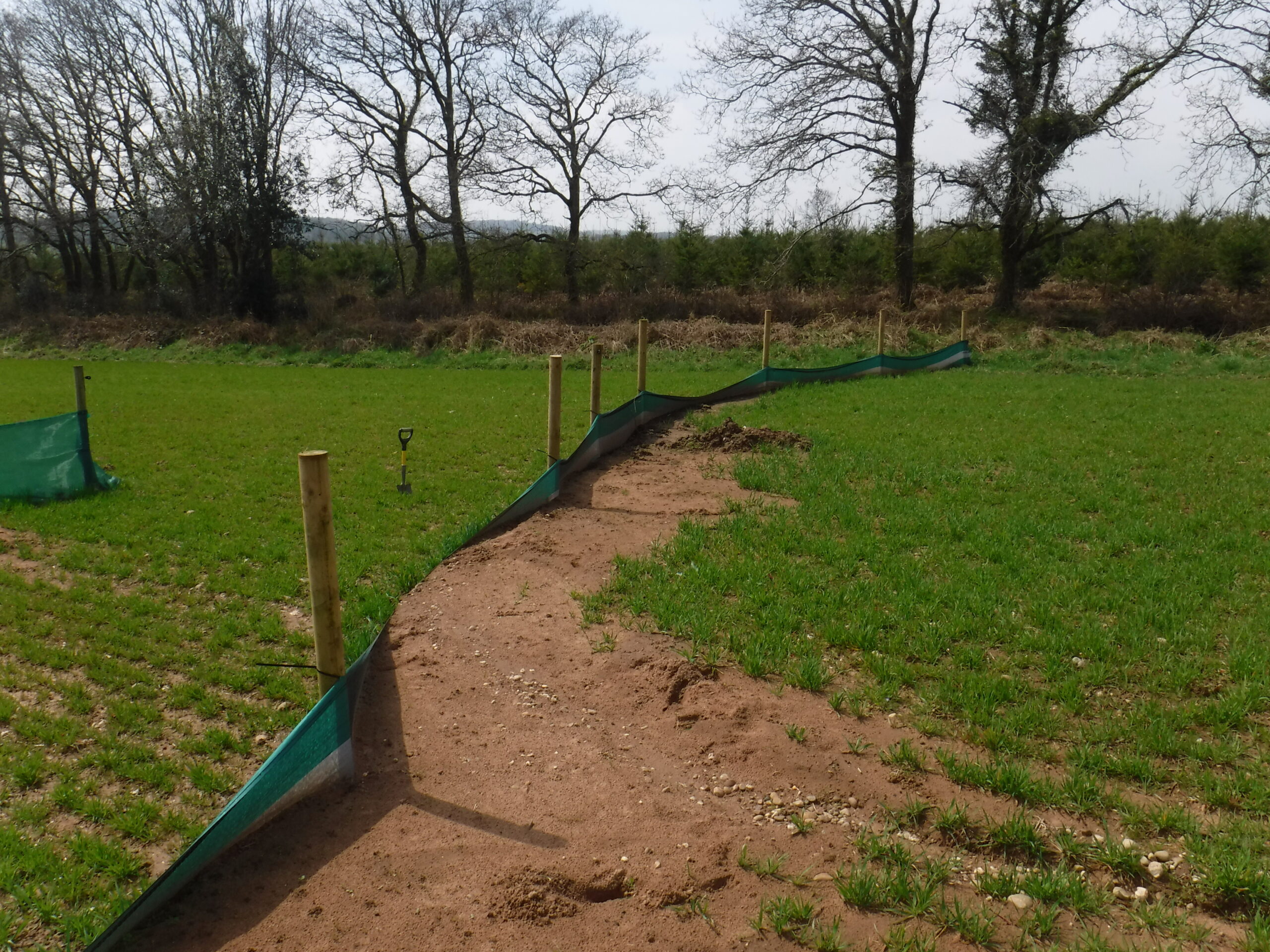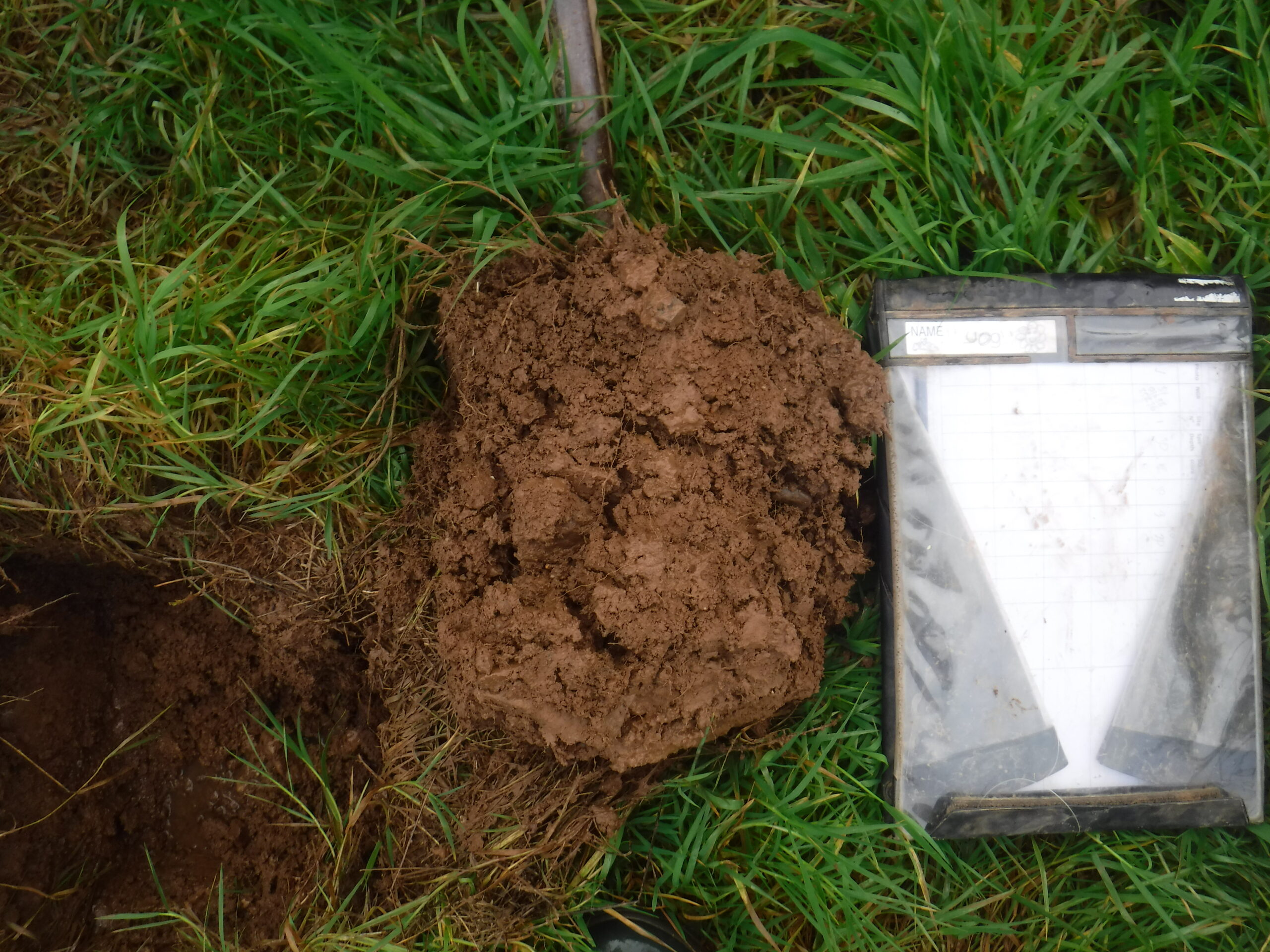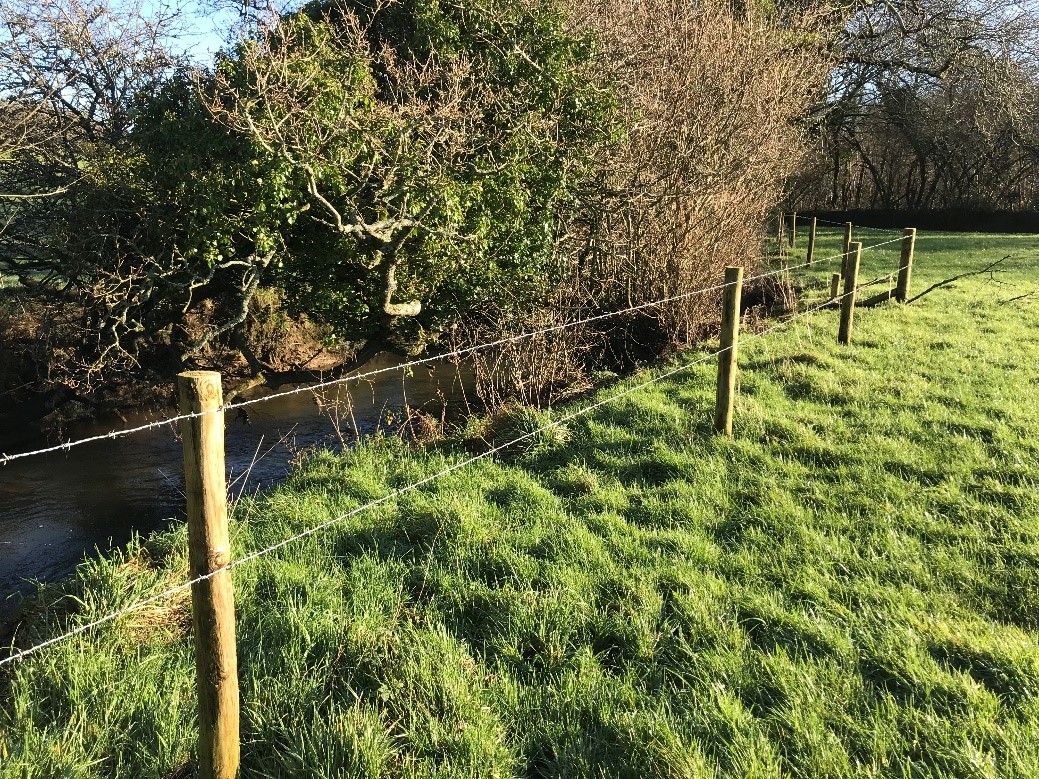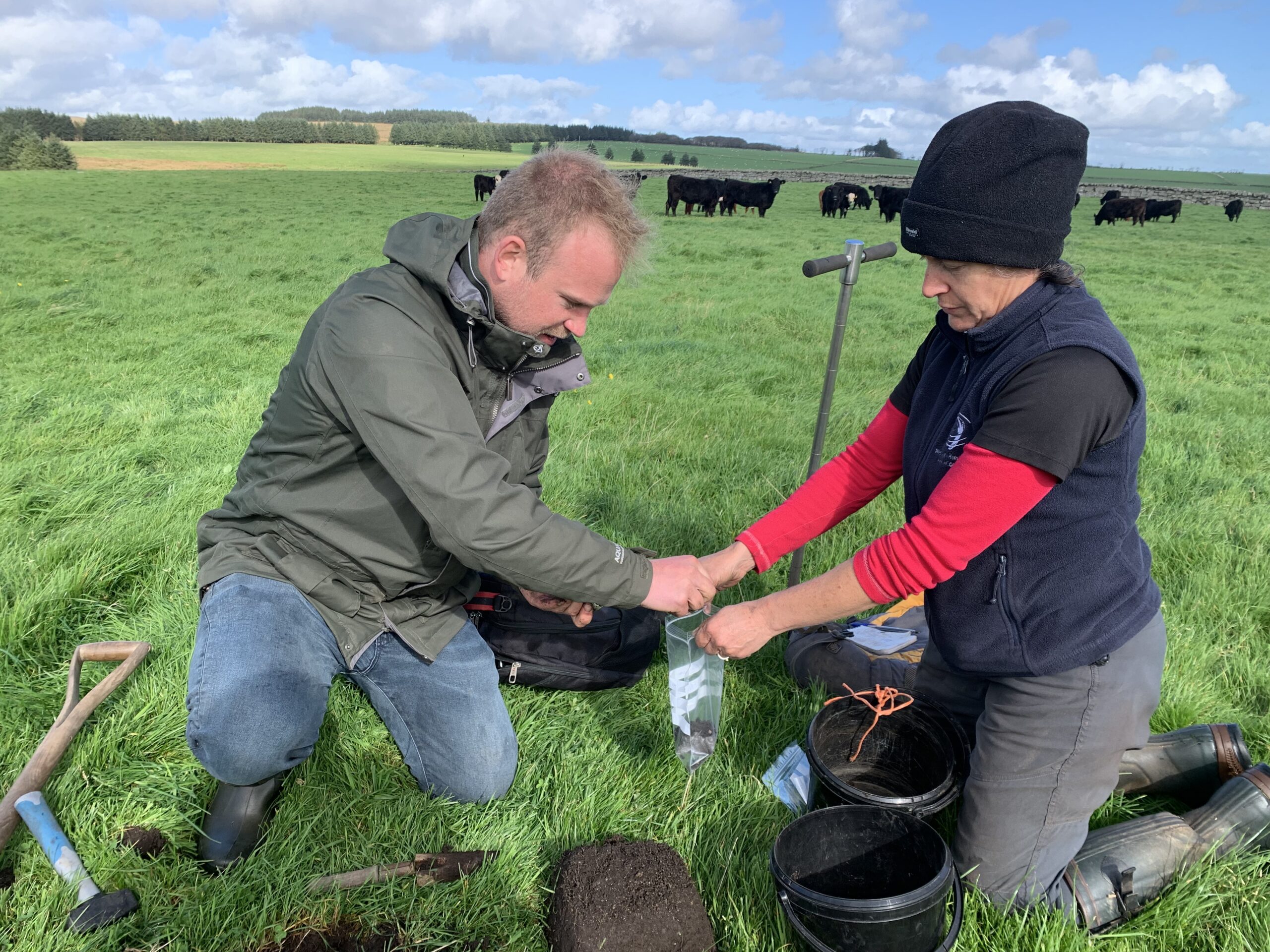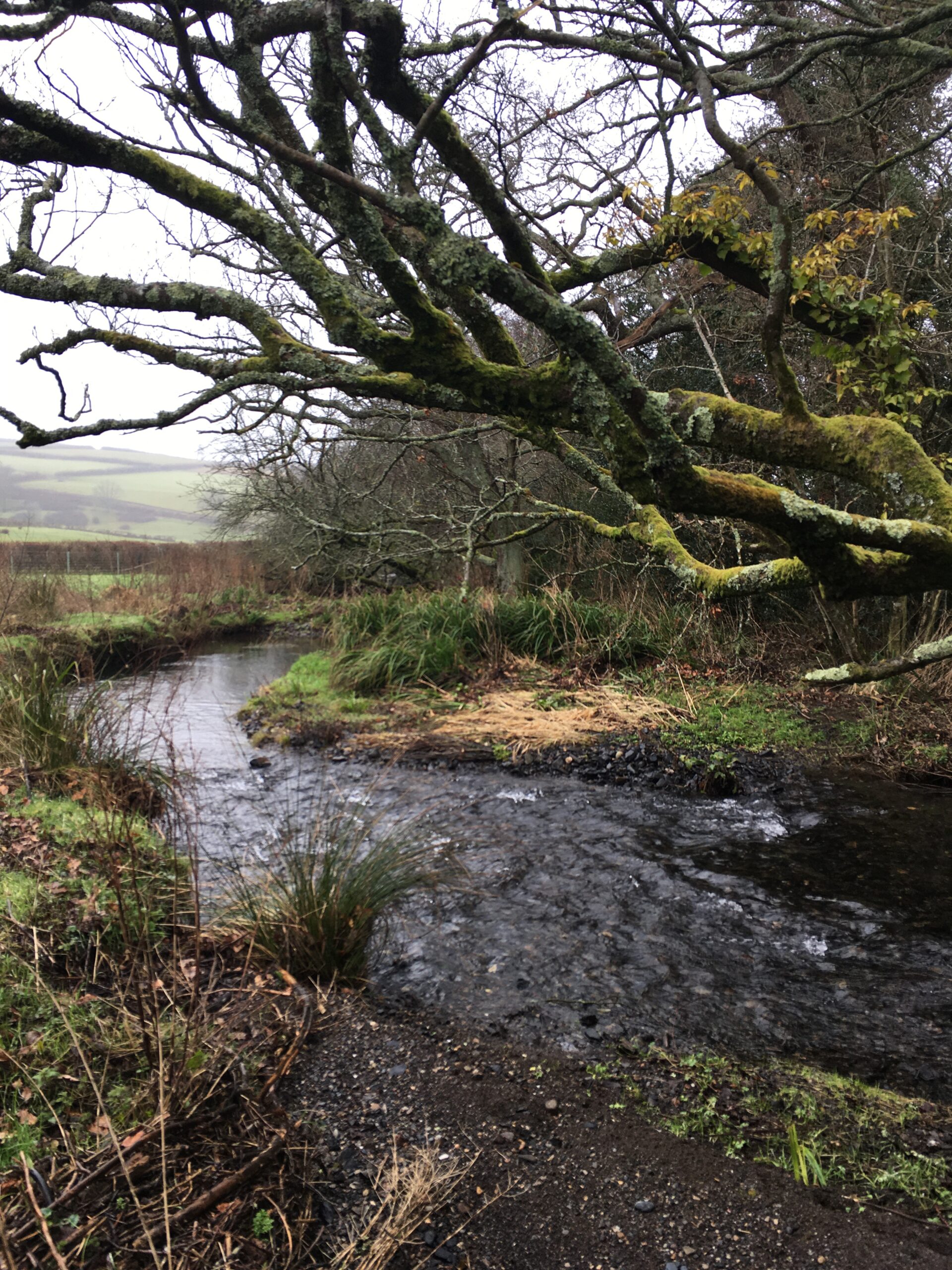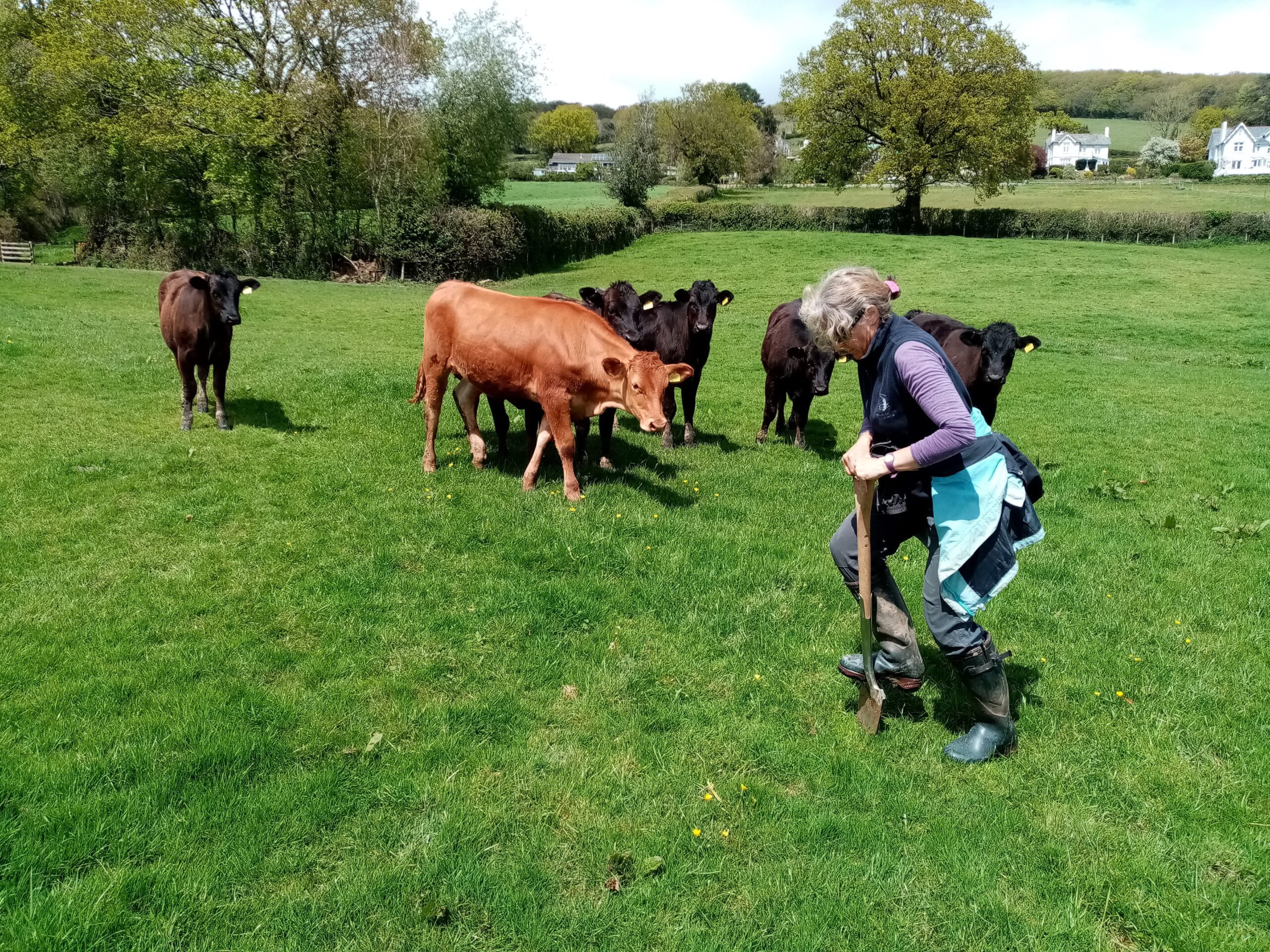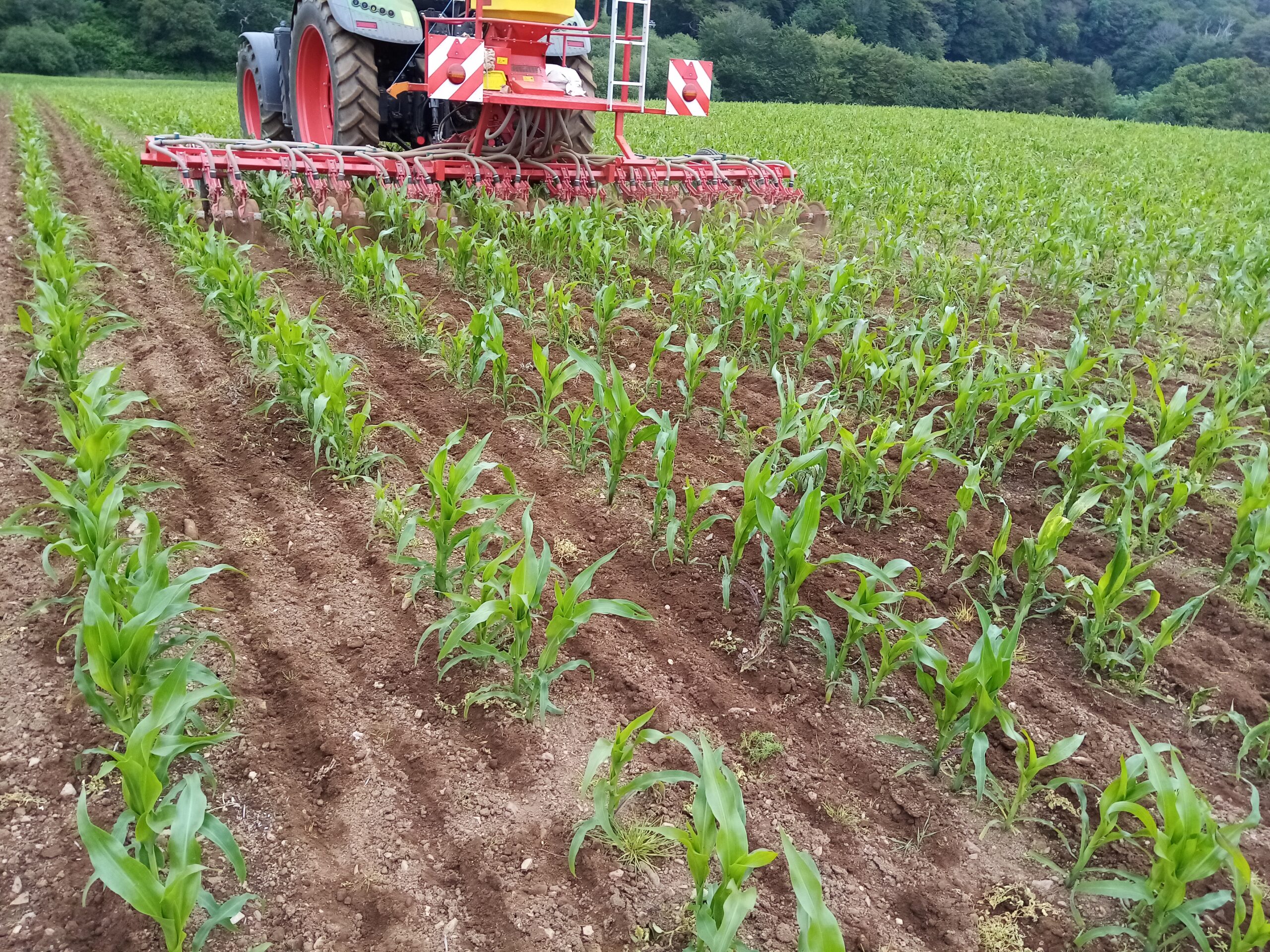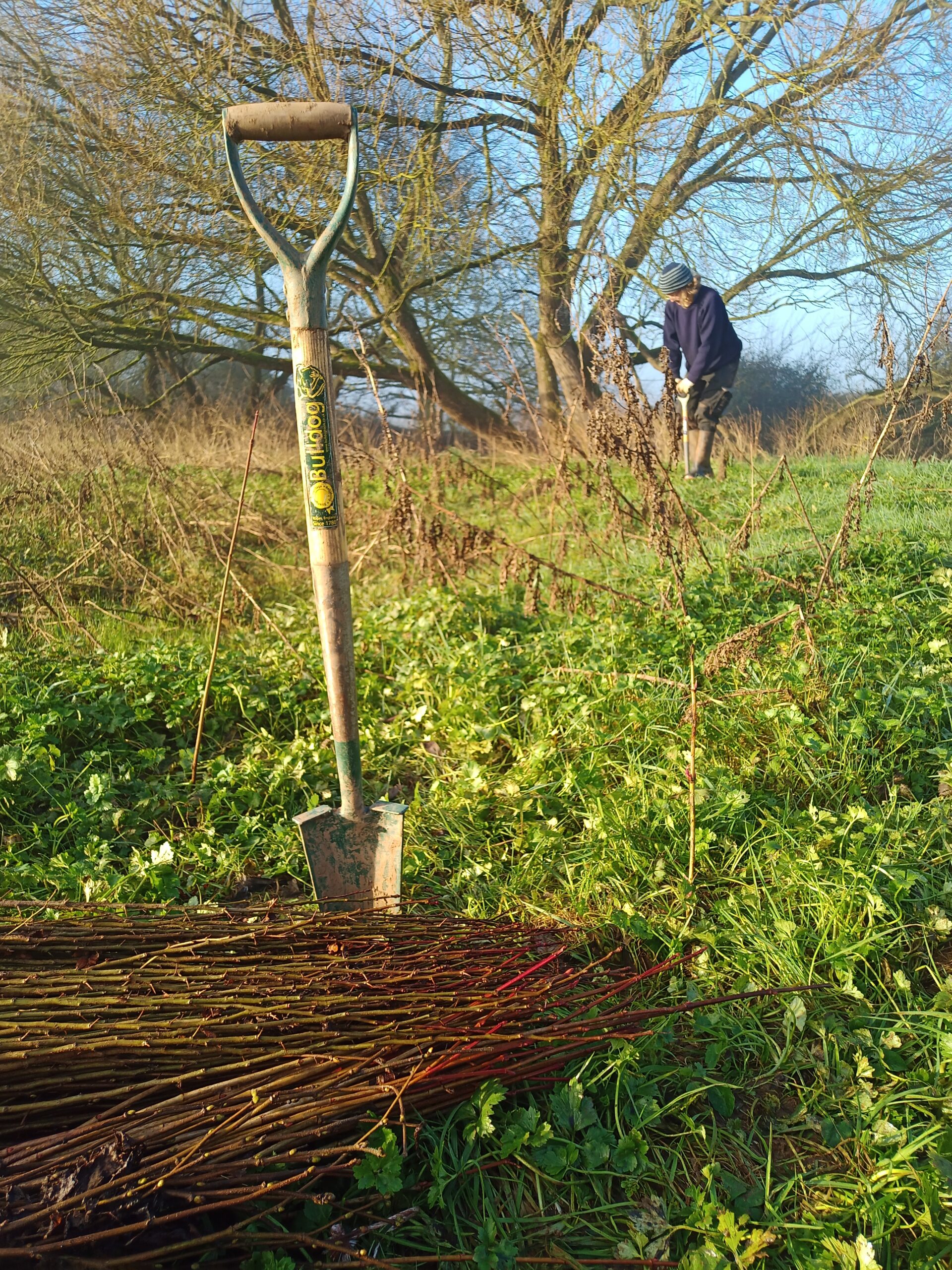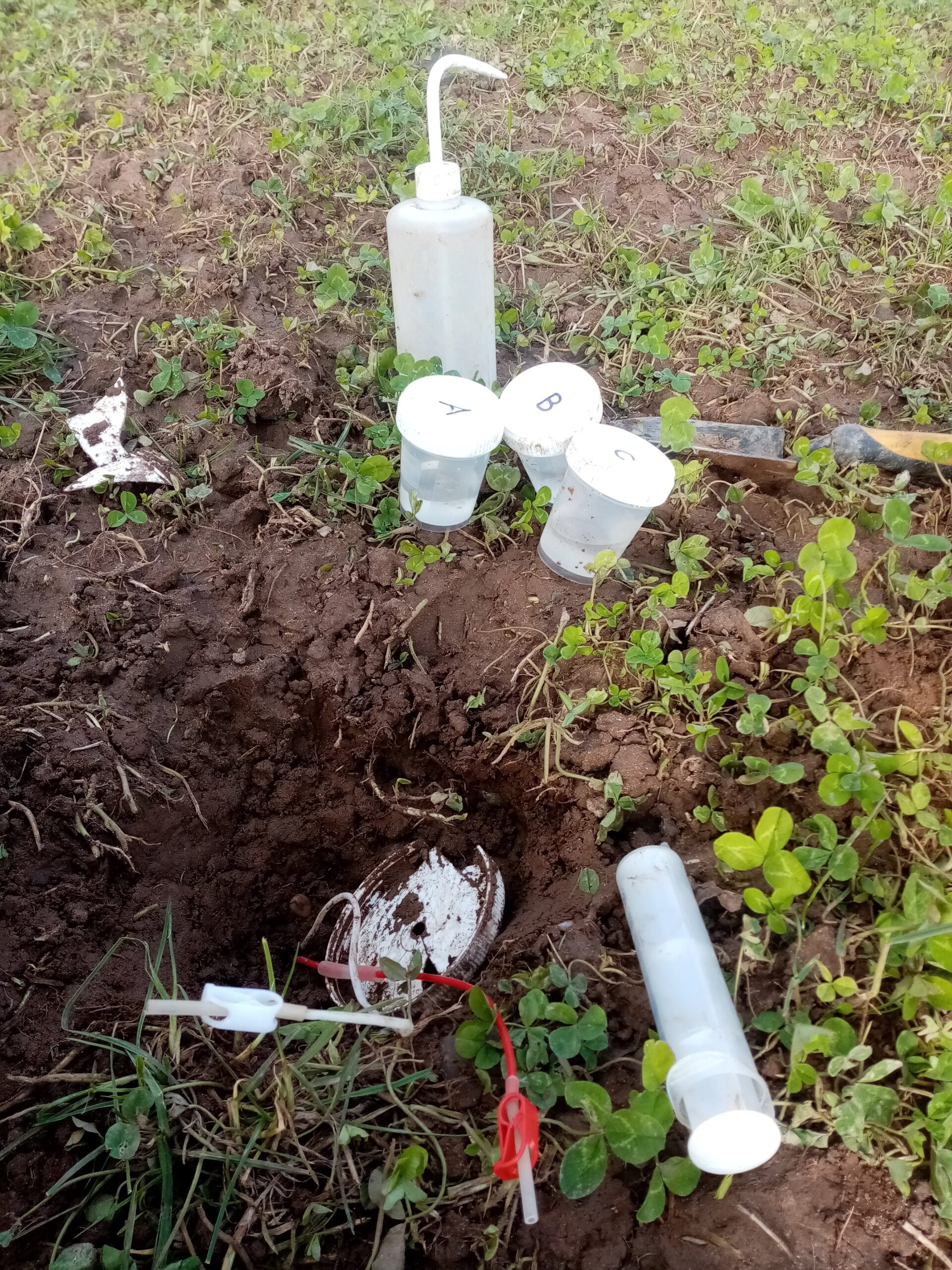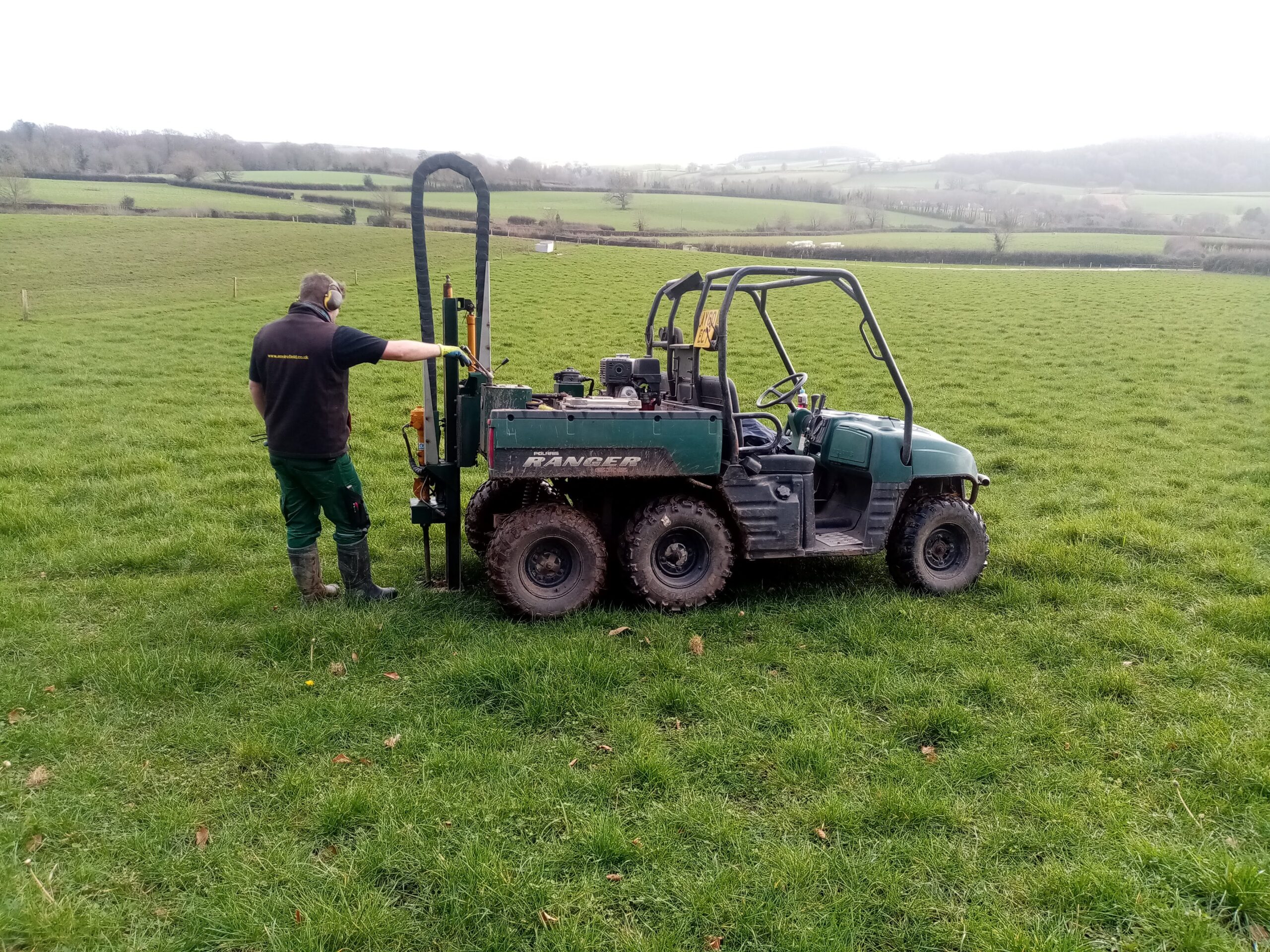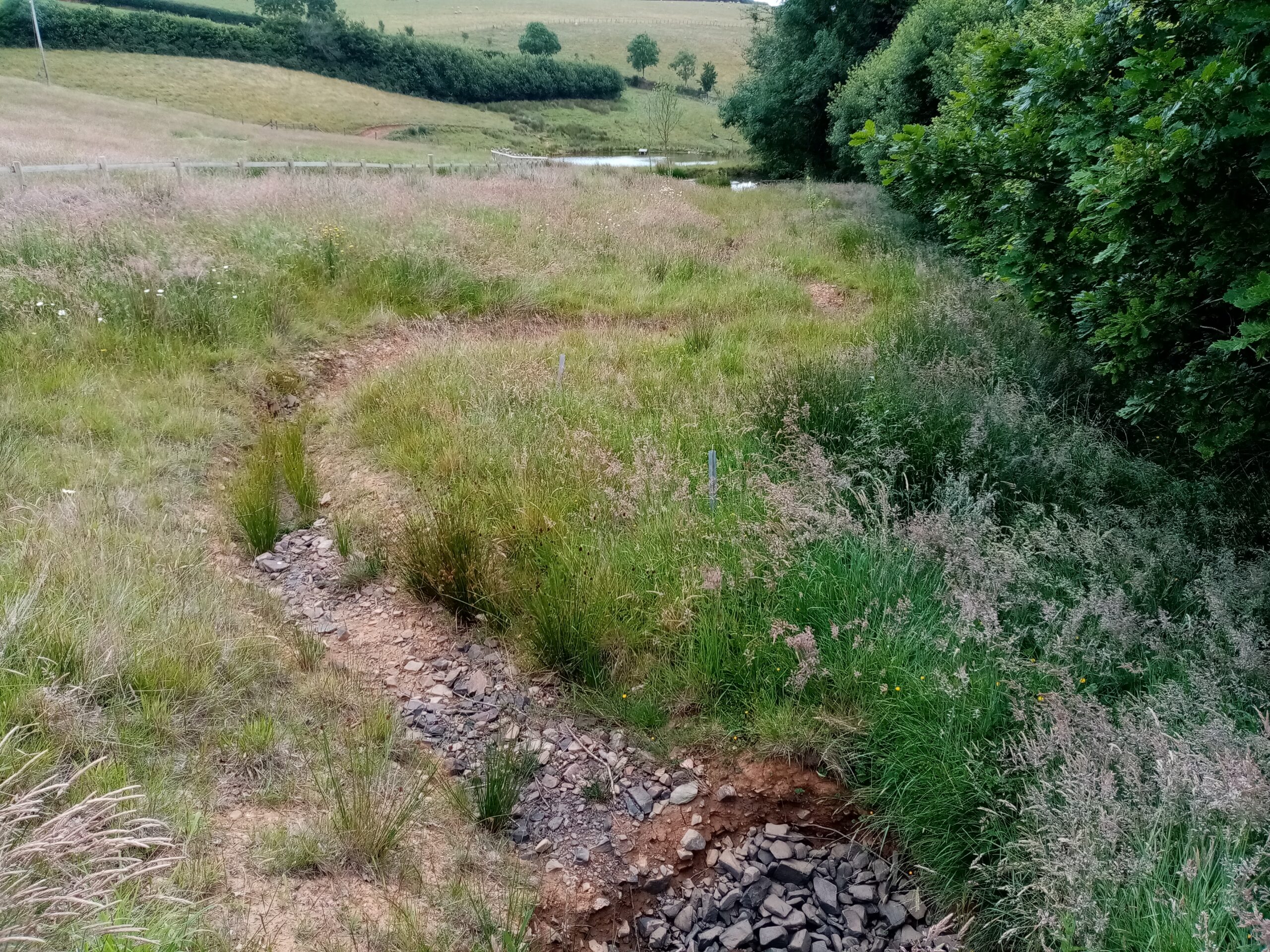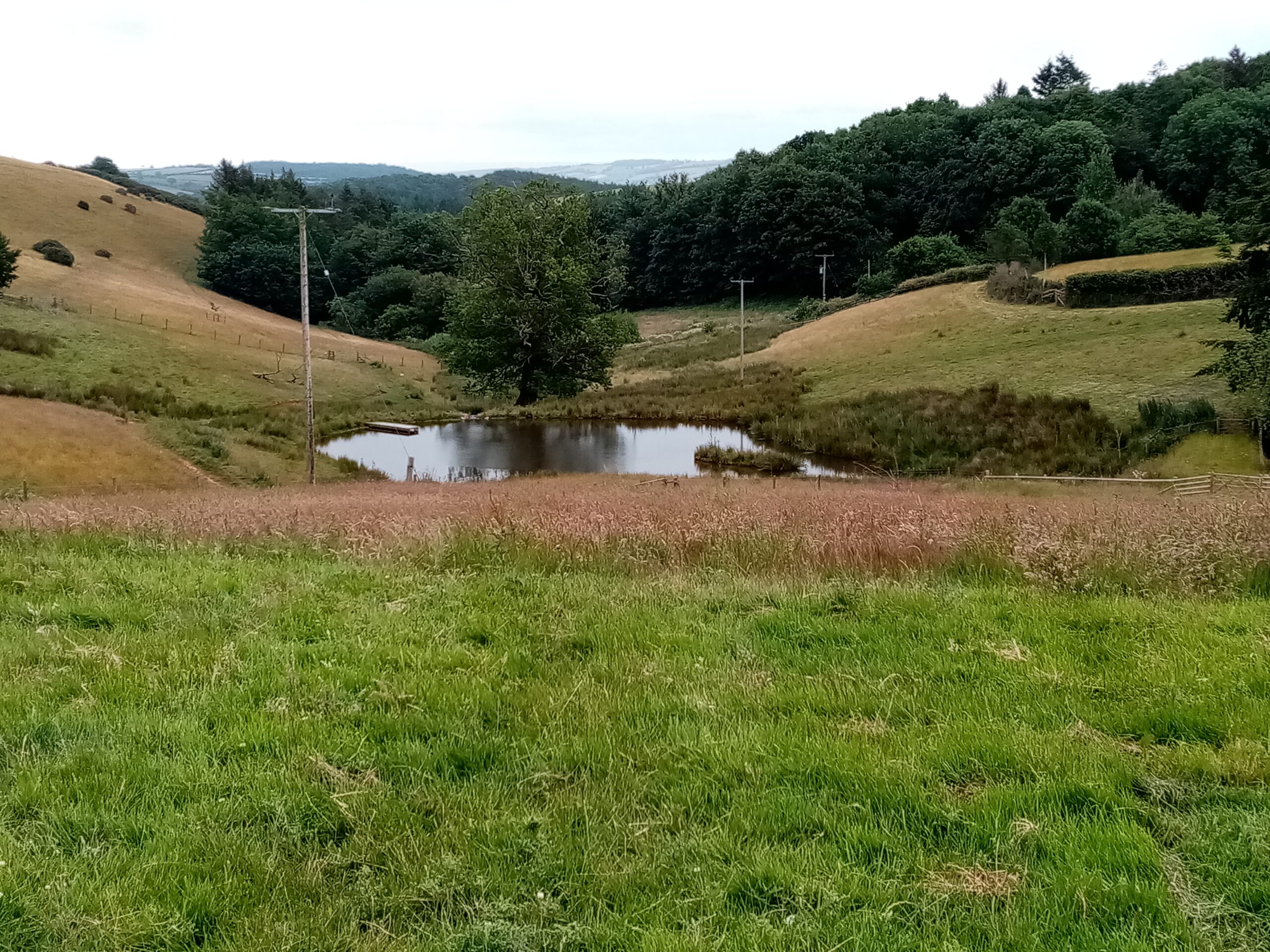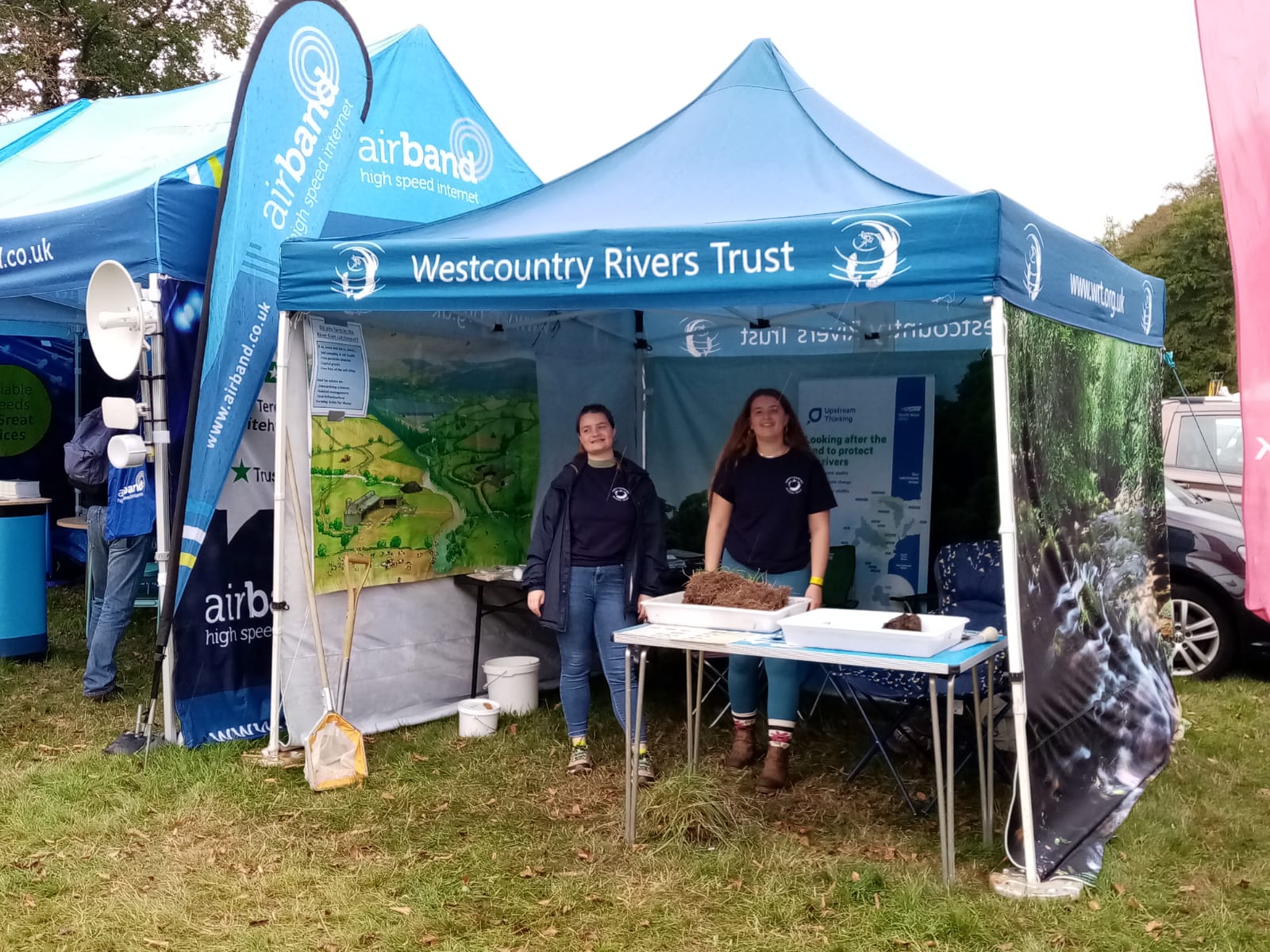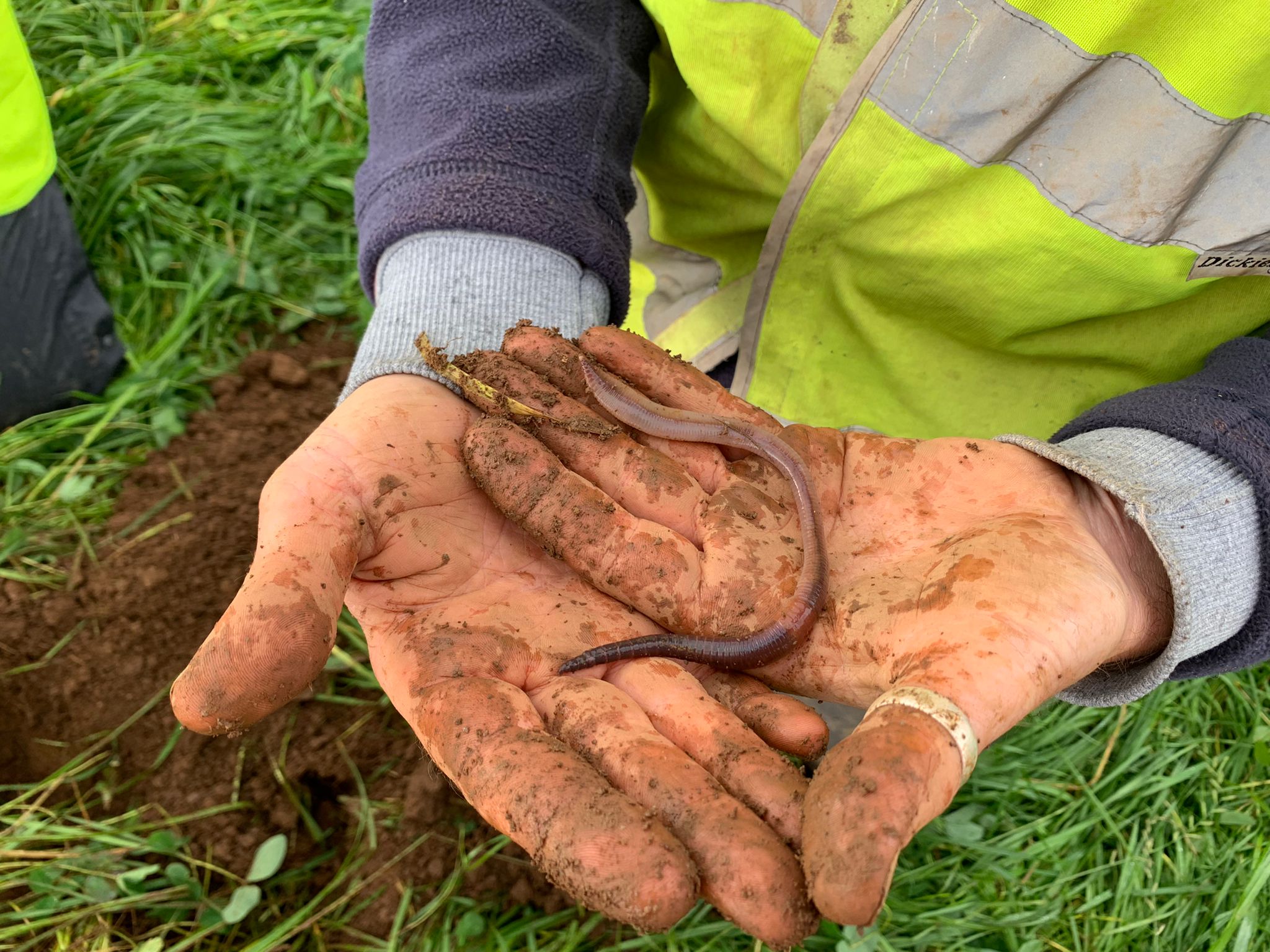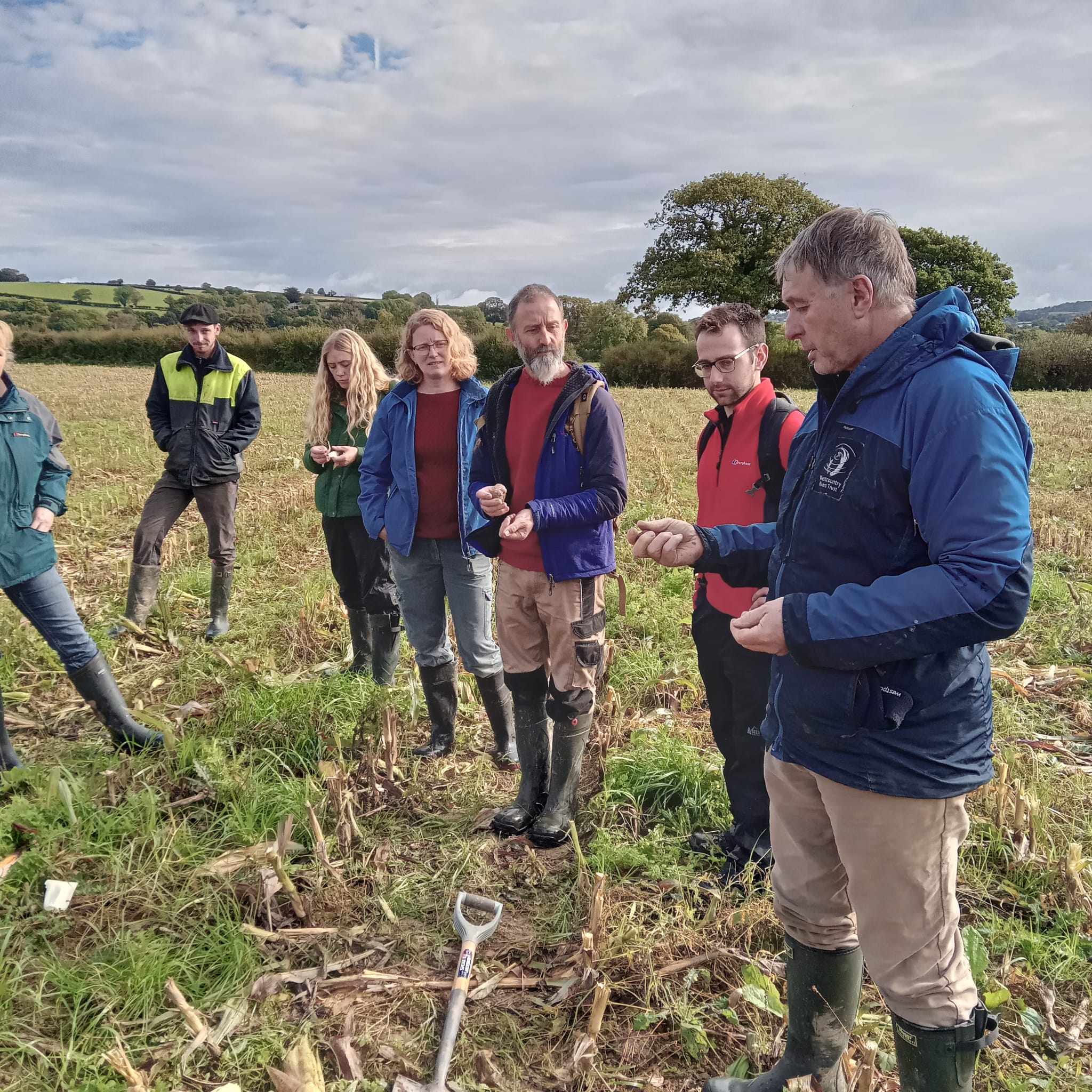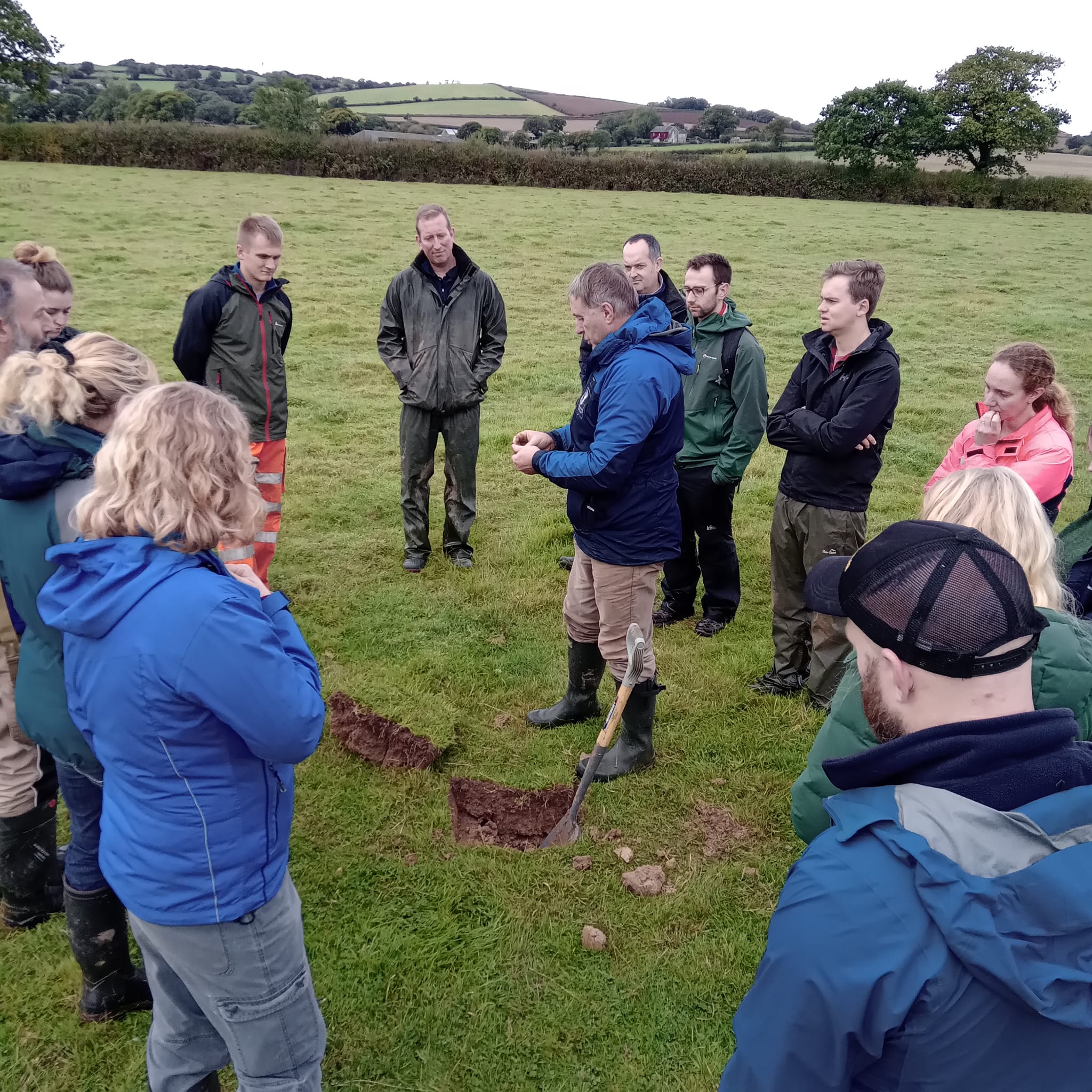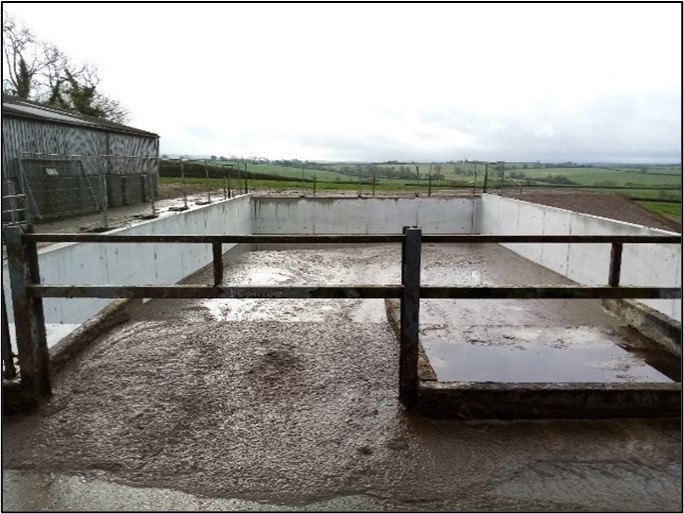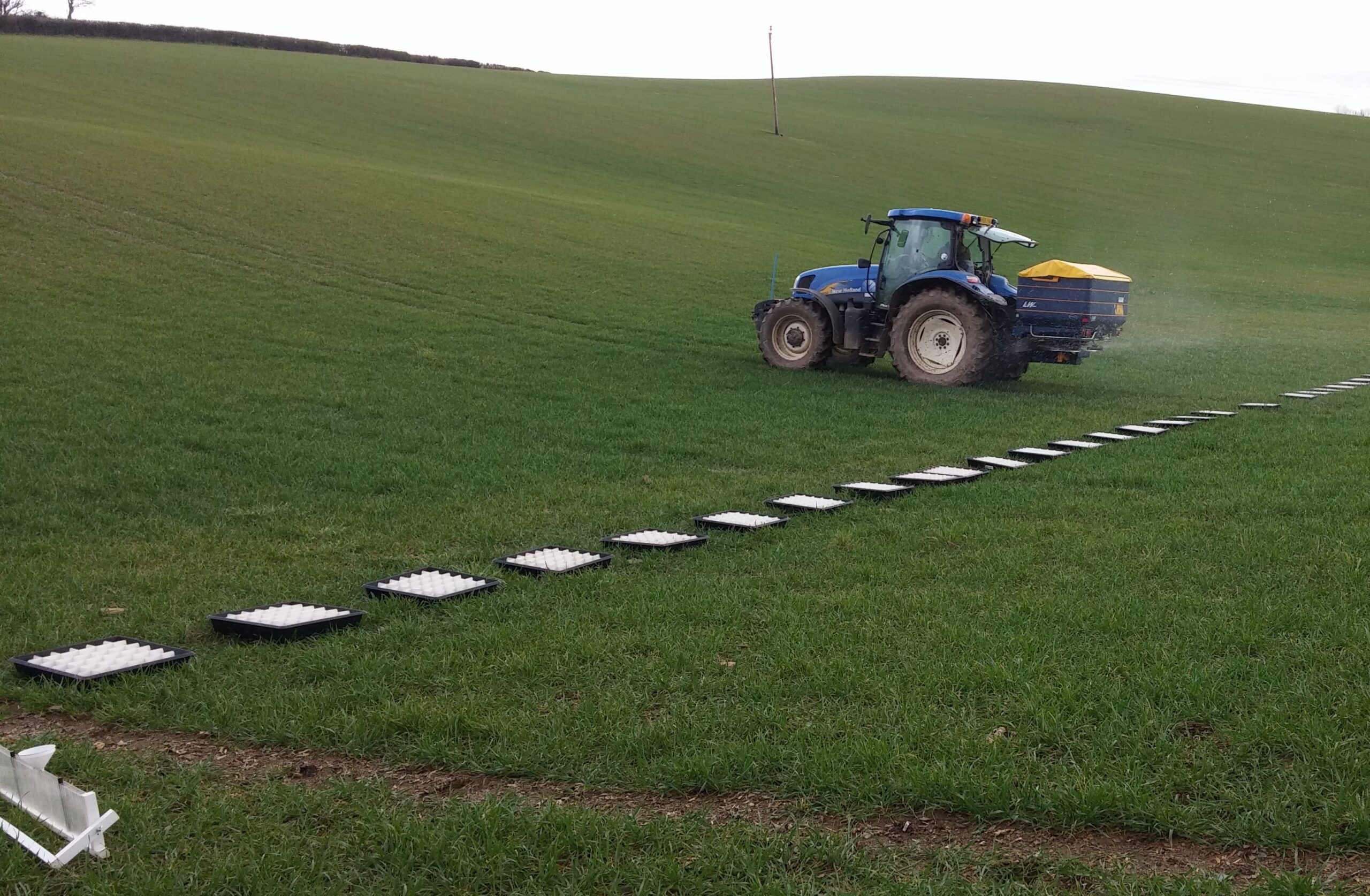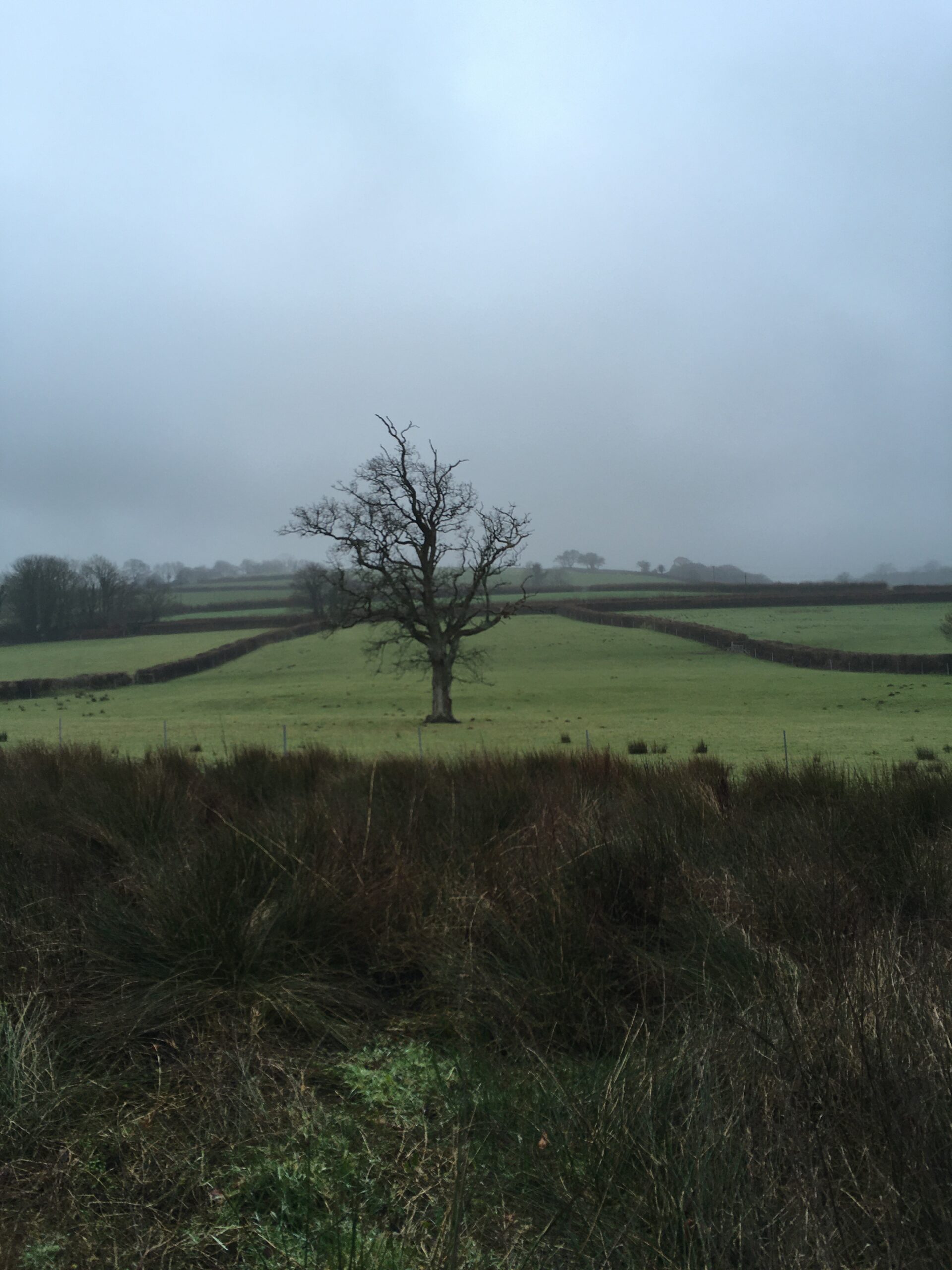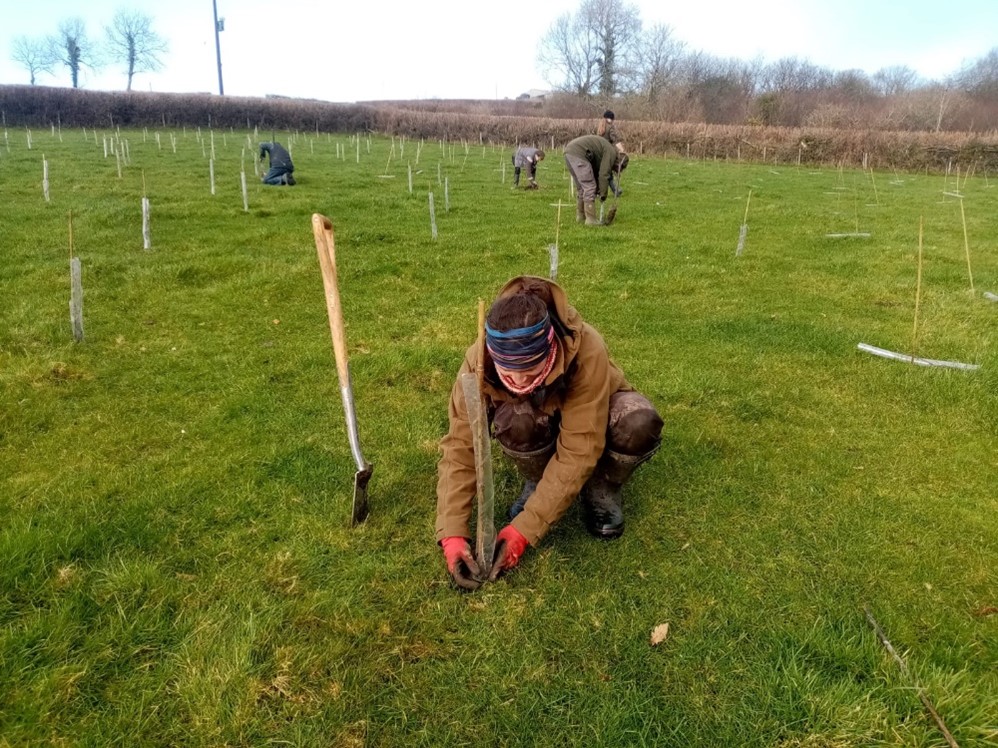Upstream Thinking
Innovation for Conservation
across the Dart, Exe, Fowey, Otter, Tamar and Tavy catchments.
Our Farm Advisors
Our Newsletters
Our Success Stories
Following the success of Upstream Thinking 1 (2010-2015), Upstream Thinking 2 (2015-2020), and Upstream Thinking 3 (2020-2025), we are continuing our work with South West Water to deliver the fourth phase (Upstream Thinking 4) of the Upstream Thinking (UST) initiative, running from 2025 to 2030.
If you are a landowner and would like to express an interest in the UST4 scheme, please email [email protected] and an advisor for your catchment will be in touch.
What is Upstream Thinking All About?
How does Upstream Thinking work?
Over the current five-year period, we will be working with landowners across seven strategically important drinking water supply river catchments in the Westcountry: the Dart, Exe, Fowey, Otter, Tamar and Tavy catchments.
Along with our other partners – South West Water, Devon Wildlife Trust, Cornwall Wildlife Trust, SW Lakes Trust and FWAG South West, we will work with landowners and farmers to improve water quality and reduce and mitigate some of the pressures on our rivers.
Issues relating to water quality in Westcountry rivers usually derive from thousands of small incidents across a wide area, which collectively cause deterioration of water quality of our waterways.
By reducing these inputs into our rivers, we will not only improve raw water quality entering the treatment works, there will also be additional benefits relating to the general health of the rivers and its ecology and to agricultural productivity in the region.
We aim to achieve this by:
-
- Working with farmers to manage productive farmland to reduce negative impacts on water quality.
- Maintaining, restoring, creating and connecting semi-natural habitats.
- Demonstrate and showcase the use of Nature Based Solutions to tackle water quality and water retention issues.
- Improve or construct farmyard and in-field infrastructure to reduce negative impacts on water quality.
Good Farm / Bad Farm – Opportunities for Change
How could you improve yours?

